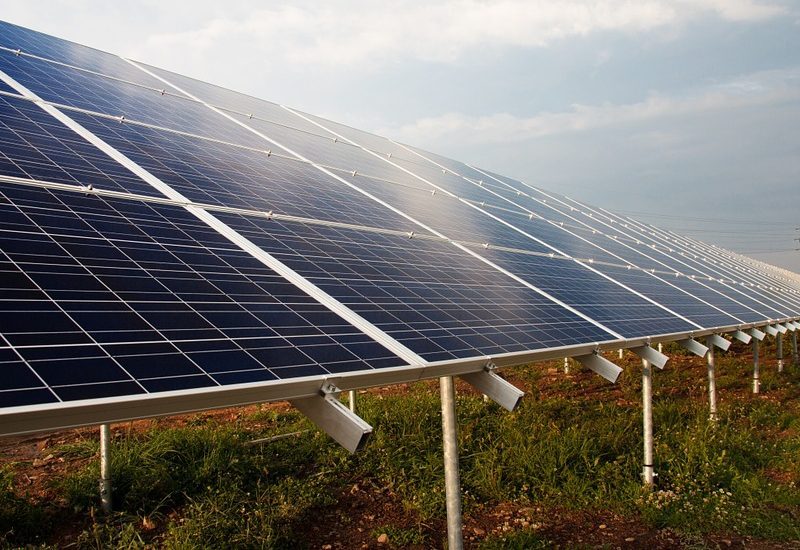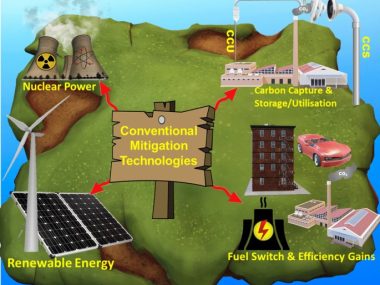With the increasing popularity of solar power you might be wondering, is solar power right for my home or business? Recent reports indicate that 2014 was one of the hottest years on record. Unfortunately, this global rise in temperature creates serious problems for populations around the world. In an effort to protect the environment and decrease ecological impacts, more and more consumers are “going green” and seeking out alternative energy sources.
Among the renewable energy sources available, solar power is an increasingly popular choice, as it offers a significant reduction in carbon emissions and substantial savings. For many, choosing alternative energy isn’t just good global citizenship—it’s a smart financial investment too.
Governments, organizations, businesses, and homeowners are adopting solar energy at an exponential rate. Every year, new residential solar companies spring up to meet the demand of the expanding market. Regardless of the popularity and availability, solar energy is not a good fit for everyone, but it may be the right fit for you.
How can businesses and homeowners determine if solar energy is right for them?
Determining the suitability of solar energy for businesses or homeowners involves numerous factors. Below are steps they can follow to arrive at an educated choice:
Evaluate Energy Requirements:
Analyze current energy consumption patterns by reviewing electricity bills for monthly and annual usage. Identify peak usage periods and overall energy needs.
Assess Site Potential:
Evaluate the solar potential of the site by considering factors like roof orientation, tilt, shading from nearby structures or trees, and available space for solar panels. Tools such as Google’s Project Sunroof can provide estimates based on satellite imagery.
Financial Assessment:
Calculate the costs and potential savings associated with solar panel installation. Compare upfront expenses including equipment, installation, and maintenance against long-term savings on electricity bills. Explore available incentives such as tax credits, rebates, and financing options.
ROI Calculation:
Determine the payback period for the solar investment by comparing upfront costs with expected savings over time. A shorter payback period indicates a more favorable ROI.
Explore Solar Panel Options:
Research various types of solar panels and technologies, considering factors such as efficiency, durability, and warranties. Evaluate whether purchasing or leasing panels aligns better with financial circumstances and preferences.
Understand Regulatory Requirements:
Familiarize yourself with local regulations, zoning laws, and permitting requirements for solar panel installation. This includes adhering to building codes, utility interconnection processes, and any restrictions on system size or placement.
Environmental Considerations:
Reflect on the environmental benefits of solar energy, such as reduced greenhouse gas emissions and decreased reliance on fossil fuels. Assess how investing in solar aligns with sustainability goals and corporate social responsibility initiatives.
Seek Expert Consultation:
Obtain advice from solar energy professionals or reputable companies. They can provide personalized assessments, recommend suitable system sizes and configurations, and offer insights into available incentives and financing options.
Long-Term Planning:
Consider the enduring impacts of investing in solar energy, including potential shifts in energy usage patterns, future electricity rates, and advancements in solar technology.
- By methodically weighing these factors, both businesses and homeowners can make well-informed decisions regarding the viability and benefits of solar energy for their specific requirements and circumstance.












